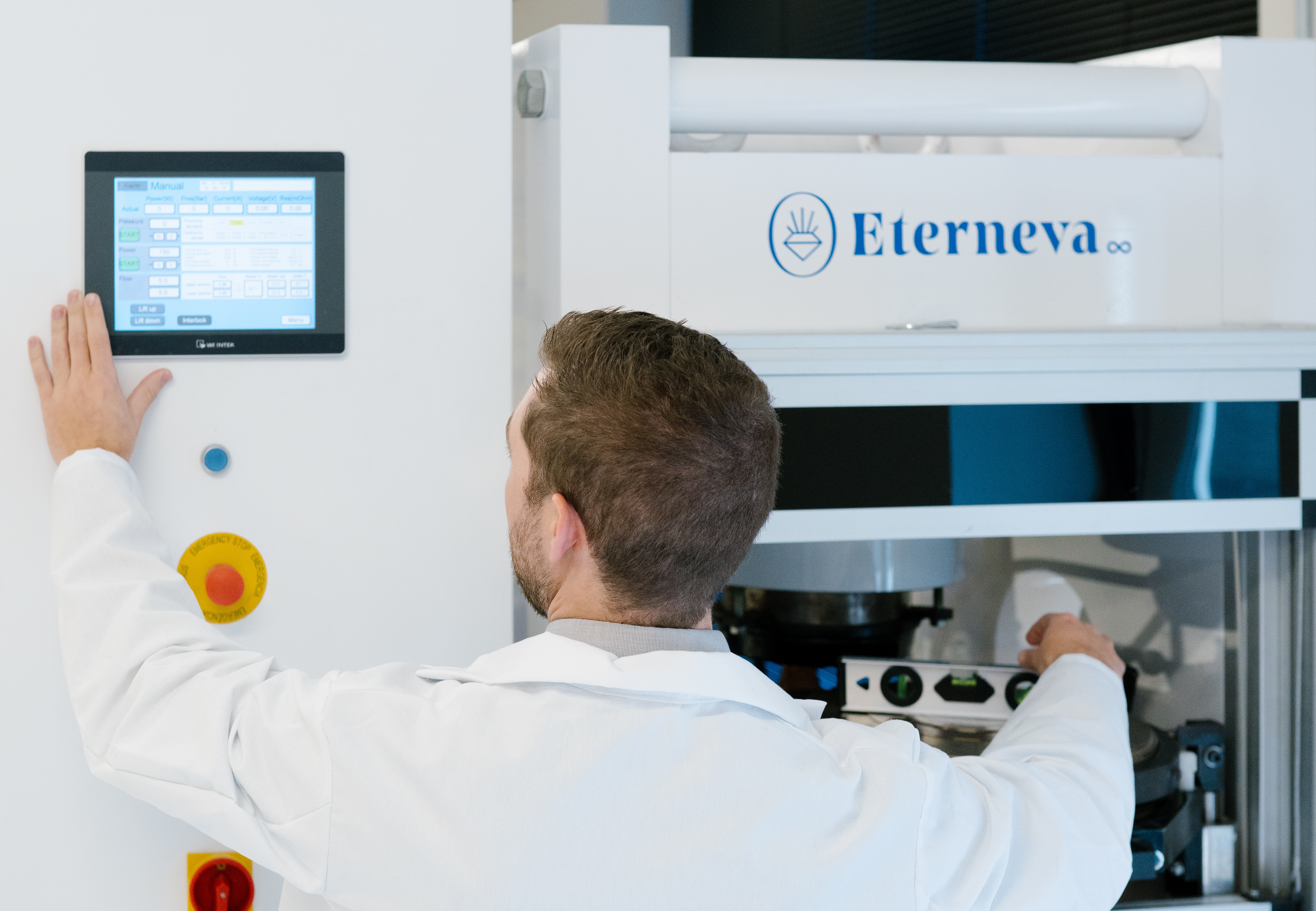Gaining lean muscle is a common goal for many fitness enthusiasts. It not only improves physical appearance but also boosts overall health and fitness. However, achieving this goal requires a combination of proper diet, exercise, and lifestyle habits. In this article, we will explore the most effective ways to gain lean muscle.
Optimizing Nutrition for Lean Muscle
To gain lean muscle, it is essential to optimize nutrition in addition to a regular workout routine. Proper nutrition helps in building and repairing muscles, and also provides the energy required for workouts. Here are some key factors to consider when optimizing nutrition for lean muscle.
Macronutrient Balance
The right balance of macronutrients is crucial for building lean muscle. A diet that is high in protein, moderate in carbohydrates, and low in fat is recommended. This balance helps in providing the necessary energy for workouts, while also aiding in muscle growth and repair.
Protein-Rich Foods
Protein is a crucial nutrient for building lean muscle. Foods that are high in protein include chicken, turkey, eggs, yogurt, brown rice, quinoa, cottage cheese, fish, and poultry. Protein powders such as whey can also be a convenient way to supplement protein intake.
Managing Calories and Fat
While it is important to consume enough calories to fuel workouts and muscle growth, it is equally important to avoid excess calories and fat. Consuming too many calories can lead to unwanted weight gain, while excess fat can interfere with muscle growth. It is recommended to consume a moderate amount of healthy fats such as fatty acids found in fish, nuts, and seeds.
A diet that is high in protein, moderate in carbohydrates, and low in fat is recommended. Protein-rich foods such as chicken, turkey, eggs, and yogurt can aid in muscle growth and repair. Managing calories and fat is also important to avoid unwanted weight gain and interference with muscle growth. Supplementing with protein powders such as Naked Nutrition’s Weight Gainer in Vanilla can also be a convenient way to increase protein intake.
Effective Exercise Strategies
Strength Training Fundamentals
When it comes to building lean muscle, strength training is essential. Resistance training with weights or body weight exercises can help to increase muscle mass, improve muscle strength, and enhance overall physique. To build lean muscle effectively, it is important to focus on proper form and movement during exercises. This means using correct posture and engaging the targeted muscles throughout the entire movement.
Compound exercises that work multiple muscle groups at once are also effective for building lean muscle. Squats, deadlifts, chest presses, and shoulder presses are all examples of compound movements that can help to produce muscle hypertrophy. Resistance training should be performed at least two to three times per week, with a focus on gradually increasing the weight and number of repetitions over time.
Incorporating Cardio for Fat Loss
While strength training is important for building lean muscle, incorporating cardio into a workout program can also be beneficial for fat loss. Cardiovascular exercise can help to increase energy expenditure and reduce body fat, which can further enhance muscle definition.
High-intensity interval training (HIIT) is a popular form of cardio that can be effective for fat loss. This involves short bursts of intense exercise followed by periods of rest or lower-intensity exercise. Running, cycling, and burpees are all examples of exercises that can be incorporated into a HIIT workout program.
Recovery and Muscle Growth
Recovery is an important aspect of muscle growth, as it allows the muscles to repair and rebuild after a workout. Adequate rest and proper nutrition are essential for recovery and muscle growth.
It is recommended to allow at least 48 hours of rest between strength training sessions to allow the muscles to recover. Protein intake is also important for muscle growth, as it provides the amino acids necessary for muscle repair and growth. Supplements such as creatine can also be beneficial for muscle growth and strength.
In addition to rest and nutrition, proper hydration and stretching can also aid in recovery and muscle growth. Drinking plenty of water and stretching before and after workouts can help to reduce muscle fatigue and prevent injury.
Overall, effective exercise strategies for building lean muscle involve a combination of strength training, cardio, and recovery techniques. By focusing on proper form, gradually increasing weight and repetitions, and incorporating cardio and recovery strategies, individuals can achieve their muscle-building goals and enhance their physique.




